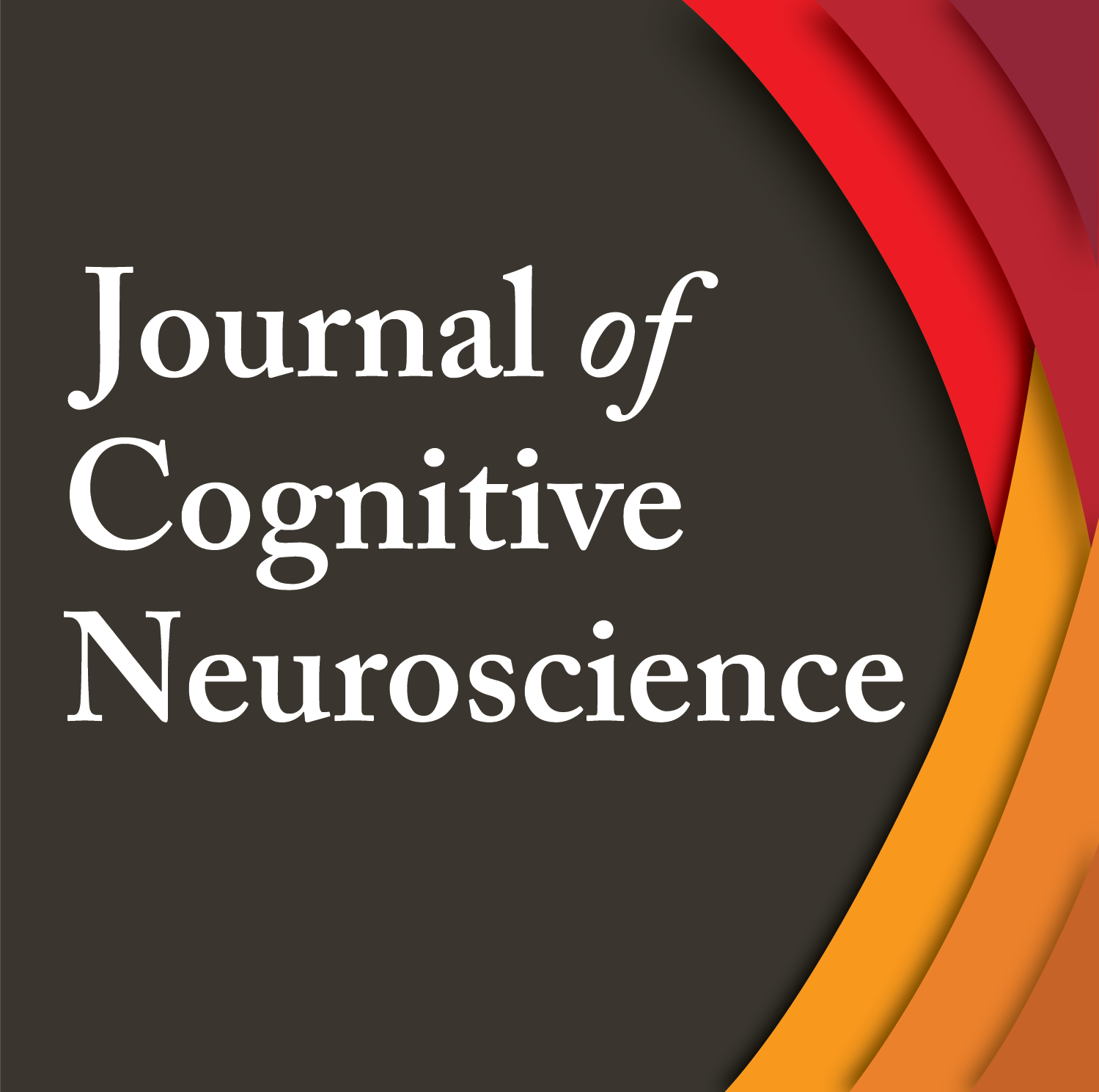Abstract
Previous studies have shown that perceiving another's actions activates corresponding representations in an observer's action system. The present study investigated how performing a task with another person affects action planning and control. Reaction times (RTs) and event-related potentials were measured while participants performed a go/no-go task alone and with another person. Three effects of acting together were observed. First, RTs were slowed when individuals had to respond to a stimulus referring to the other's action, suggesting that an action selection conflict occurred. Second, at frontal sites, a stimulus referring to the other's action elicited a similar electrophysiological response as a stimulus referring to one's own action. Finally, on no-go trials, P300 amplitude was significantly larger in a group setting, indicating that an action was suppressed. These findings provide evidence that individuals acting in a social context form shared action representations.

